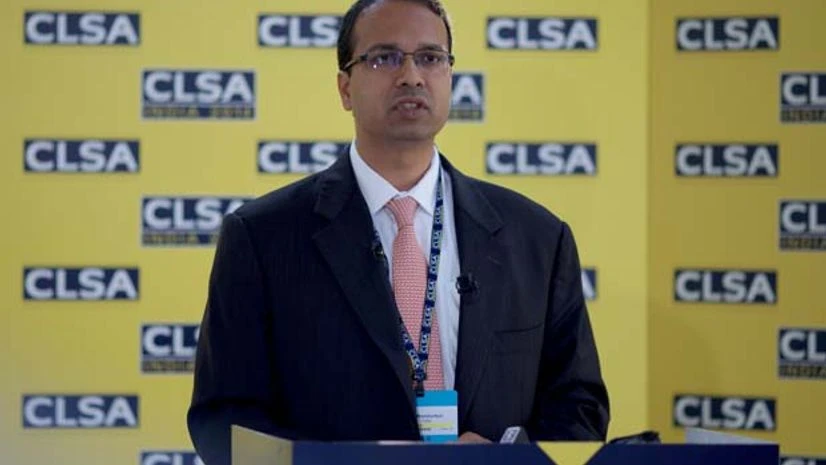Reigning in Pakistan's expanding nuclear weapons programme should be an international priority, according to an editorial in the New York Times which said that the country being home to many extremist groups adds to the dangers it presents for South Asia and the entire world.
The editorial, titled 'The Pakistan Nuclear Nightmare', said that with as many as 120 warheads, Pakistan could in a decade become the world's third-ranked nuclear power, behind the US and Russia, but ahead of China, France and Britain.
"Its arsenal is growing faster than any other country's, and it has become even more lethal in recent years with the addition of small tactical nuclear weapons that can hit India and longer-range nuclear missiles that can reach farther.
More From This Section
It said that "persuading Pakistan to rein in its nuclear weapons programme should be an international priority."
It said major world powers spent two years negotiating an agreement to restrain the nuclear ambitions of Iran, which doesn't have a single nuclear weapon, but there has been "no comparable investment" of effort in Pakistan, which, along with India, has so far refused to consider any limits at all.
The NYT editorial said that Pakistan's competition with India "is a losing game" and countries like China, a Pakistan ally, should be pushing Pakistan to accept that.
The editorial faulted Prime Minister Narendra Modi for doing nothing to engage Islamabad on security issues, saying he "also bears responsibility for current tensions."
"The nuclear arms race in South Asia, which is growing more intense, demands far greater international attention," it said.
It added that the Obama administration has begun to address the complicated issue with "greater urgency and imagination, even though the odds of success seem small."
Noting that the recent meeting between Obama and Prime Minister Nawaz Sharif "appears to have gone nowhere," the editorial said that it would be "wrong not to keep trying, especially at a time of heightened tensions between Pakistan and India over Kashmir and terrorism."
American officials have made it clear that they are not offering Pakistan an India-like nuclear deal, which would face stiff opposition in Congress, but are discussing what Pakistan needs to do to justify American support for its membership in the 48-nation Nuclear Supplier Group, which governs trade in nuclear fuel and technology.
"Pakistan would have to stop pursuing tactical nuclear weapons, which are more likely to be used in a conflict with India and could more easily fall into the hands of terrorists, and halt development of long-range missiles. Pakistan should also sign the treaty banning nuclear weapons tests," it quoted an American official as saying.

)
